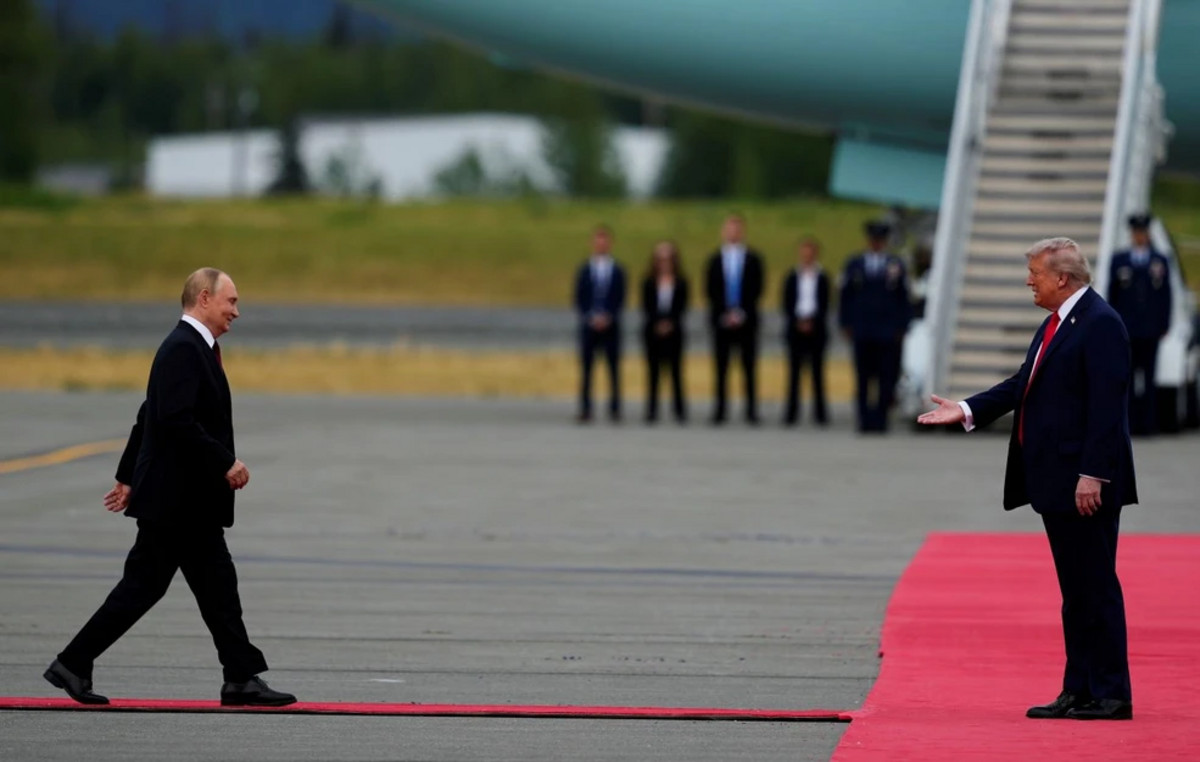An official statement from BIS states that the project to optimize interbank cross-border settlement procedures based on the Mandala blockchain has moved to a new stage. The project will unite the central banks of Australia, Korea, Malaysia and Singapore in a single operating environment.
“Cross-border interbank transactions regularly face challenges in terms of requirements and differences in the regulatory framework. This discrepancy can result in higher costs, late payments, and funds being blocked and returned. Mandala will address these issues in a purpose-built decentralized environment while maintaining counterparty regulatory standards,” BIS said.
A representative from the BIS Innovation Hub Singapore noted that the Mandala project uses a “compliance-by-design” approach, which is fully consistent with the priorities of G20 countries to improve cross-border payments. This method not only guarantees confidentiality protection, but also ensures the integrity of the transmitted data.
“Mandala’s environment components ensure that all necessary compliance checks on financial transactions are completed before payments are actually processed. Once these checks are completed, the Mandala system generates a proof of compliance that will accompany any digital settlement assets or payment instructions when processing cross-border transactions,” BIS said.
The bank also noted that Mandala can effectively integrate with new digital asset settlement systems, including wholesale central bank digital currencies (CBDC) and traditional payment messaging systems such as SWIFT.
Previously, the Bank for International Settlements conducted a survey among 86 central banks to determine the degree of their activity in the development of CBDC and readiness to launch government stablecoins. According to BIS, 94% of respondents confirmed their interest in the development of this area.
Source: Bits
I am an experienced journalist, writer, and editor with a passion for finance and business news. I have been working in the journalism field for over 6 years, covering a variety of topics from finance to technology. As an author at World Stock Market, I specialize in finance business-related topics.







